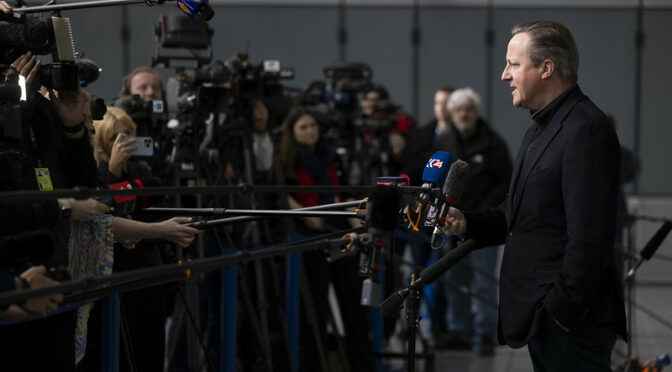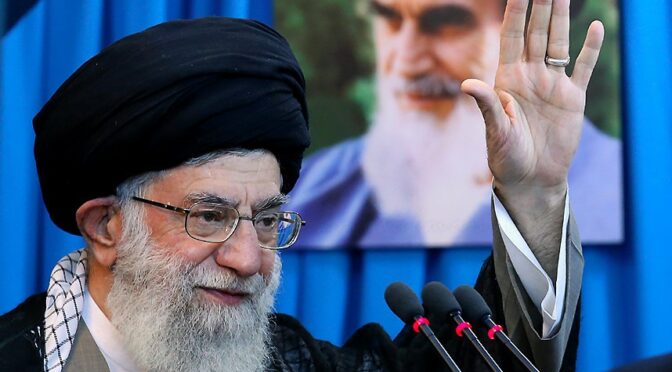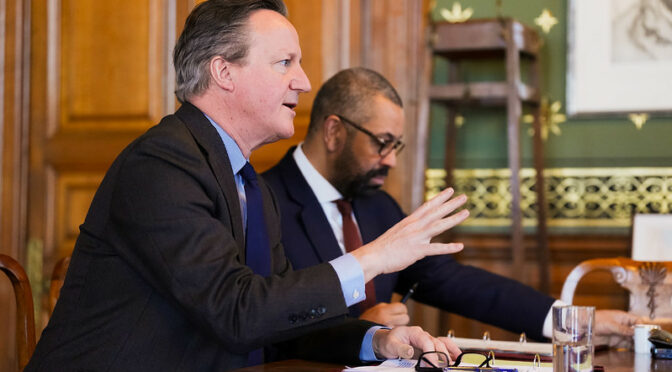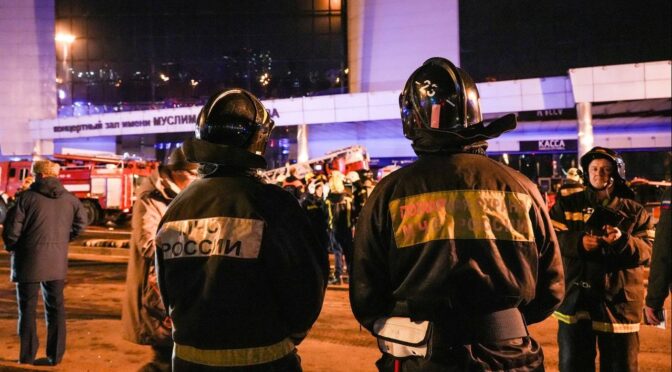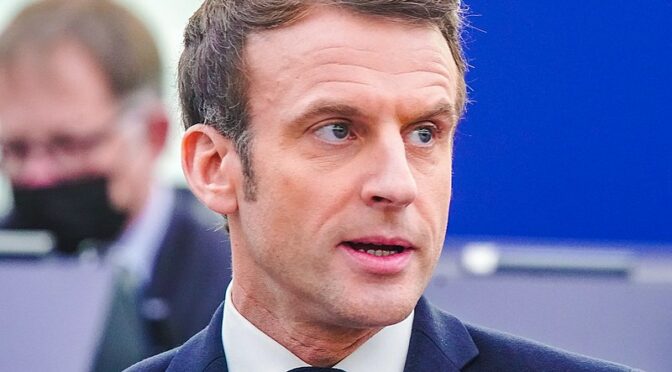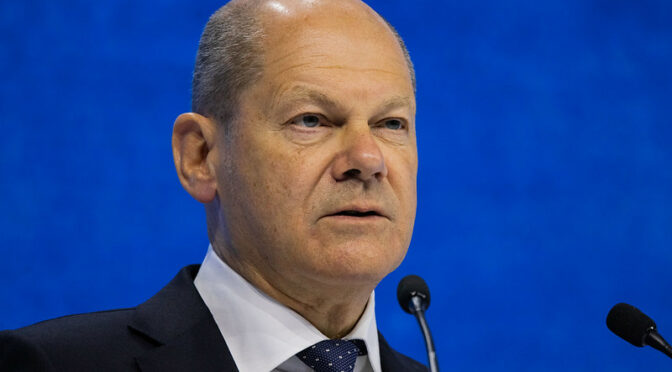Article published in The Daily Telegraph, 11 April 2024. © Richard Kemp
An attack on Israel by Iran seems imminent. President Biden says his support is ‘ironclad’ and that the US would do all it can to protect Israel. Britain too has a clear responsibility to stand alongside Washington and Jerusalem if Iran launches a significant attack. That means Lord Cameron’s words, ‘We stand up for Israel’s right to self-defence’, need to become more than mere platitudes and the UK should be ready to take direct military action against Iran.
Why should we get involved? The conflict in the Middle East is Iran’s war. Its proxies in Gaza, Lebanon, Syria, Yemen, Iraq and the West Bank have all been targeting Israel since October 7. Tehran has only been able to bring that about as a result of US and British weakness. Trump’s maximum pressure policy to contain Iranian aggression was displaced by Biden’s knee-bending appeasement from the moment he took office.
Desperate to coax the ayatollahs back to Obama’s fundamentally flawed nuclear deal that Trump had abrogated, the White House did little to curb Iranian violence and instead unfroze billions of dollars in assets that could be used to fund terrorist proxies and the nuclear programme. On top of that, Biden’s withdrawal from Afghanistan, failure to adequately support Ukraine in the face of Russian invasion and his ideological show of distancing himself from the Netanyahu government made it clear to Khamanei that America would be unlikely to stand up for its allies.
It amounted to a red rag to a bull. Where was Britain in all this? Waving our own red rag right beside Washington’s. And as Tehran repeatedly disrespected the nuclear deal, we, as one of the remaining parties to the agreement, failed to punish it. We happily maintained diplomatic relations with Tehran and have still refused to proscribe the regime’s Islamic Revolutionary Guard Corps despite the previous Home Secretary labelling it last year as the biggest threat to the UK.
This strategic ineptitude by the US and Britain, as well as other Western countries, has contributed a great deal to the violence engulfing Israel today. It’s important to understand that the latest Continue reading

